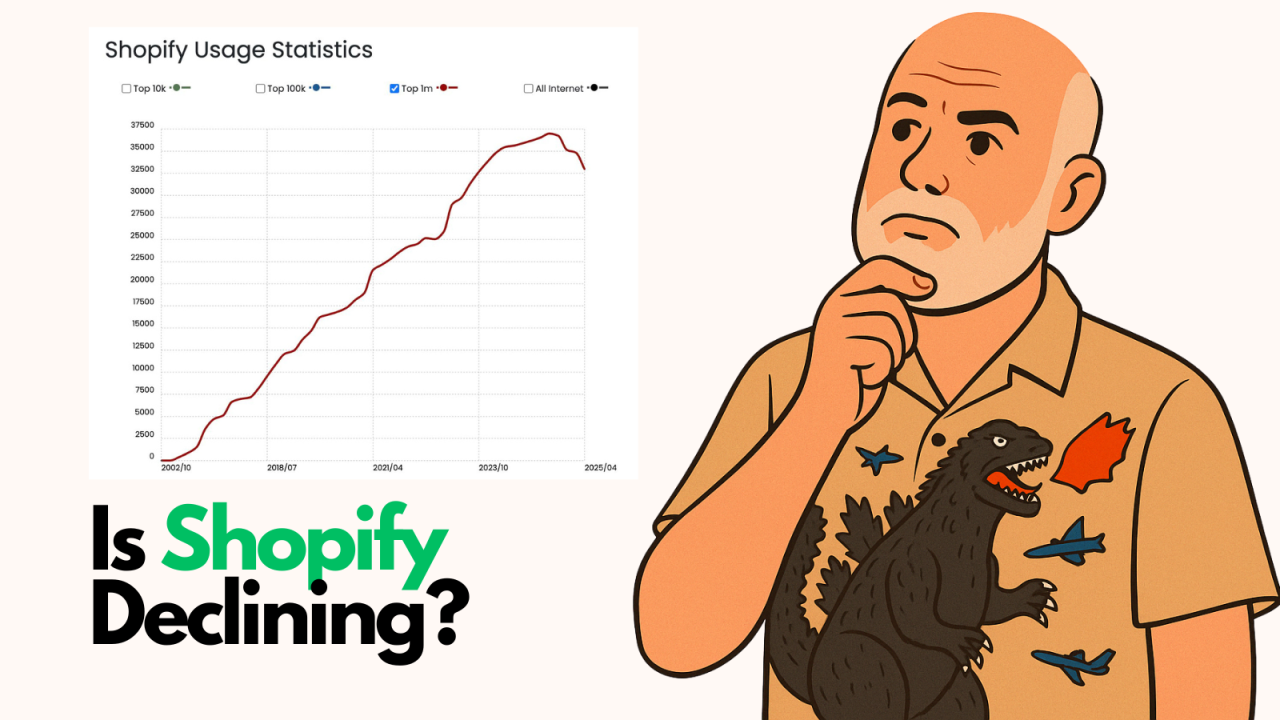
Image Source: FreeImages
Are you ready to ditch guesswork and embrace data-driven content marketing? Many businesses struggle to create content that truly resonates with their audience. They spend countless hours crafting blog posts, social media updates, and email campaigns, only to see minimal results. The solution isn't more content; it's smarter content. This article explores how using data to improve your content marketing can transform your strategy.
Before diving into data analysis, we must establish a firm understanding of your target audience. This isn't about broad generalizations; it's about creating detailed buyer personas. Who are your ideal customers? What are their needs, pain points, and aspirations? What channels do they use to consume information? These questions are crucial for guiding your content creation process. Without this foundational knowledge, your data analysis will lack focus and direction. Content Basis helps you define those personas using rigorous data analysis. We’ll assist you in identifying the specific characteristics that unite your audience, creating laser-focused content tailored to their unique interests and needs.
Precisely defining your core audience isn’t merely about demographics; it’s about understanding their motivations, frustrations, and digital habits. Consider psychographics—their values, attitudes, and lifestyles. Analyzing website analytics, social media engagement, and customer surveys will help build a richer, more detailed picture of your audience, which will, in turn, make your marketing more impactful. This in-depth understanding enables the creation of content that speaks directly to their needs, concerns, and desires.
Once you've established your core audience, you can start leveraging data to understand them better. Website analytics tools provide valuable insights into user behavior: which pages are most popular, what keywords drive traffic, and how long users spend on different sections of your website. Social media analytics reveals audience engagement levels, preferred content formats, and sentiment toward your brand. Customer relationship management (CRM) systems offer a treasure trove of data about customer interactions, purchase history, and preferences. Using these data sources you can create highly targeted and resonant content.
Collecting data is only half the battle. The real value lies in using that data to refine your content strategy. This involves analyzing the performance of your existing content and identifying areas for improvement. By understanding which topics resonate most, what formats are most effective, and which channels yield the best results, you can optimize your content creation process and maximize your return on investment (ROI). Content Basis analyzes these metrics and offers actionable recommendations to increase your ROI.
To use data effectively, you must measure the performance of your content. Key metrics include website traffic, engagement rates (time on page, bounce rate, shares), conversion rates, and lead generation. This requires consistent tracking and analysis to identify patterns and trends in audience behavior. For example, if a particular blog post has a high bounce rate, it might suggest that the topic isn’t relevant to your target audience or that the content isn't engaging enough. This data helps improve content quality and relevance.
Using data isn't merely about reacting to past performance; it's about proactively shaping your future content. By analyzing current trends, understanding your audience’s preferences and predicting future needs, you can create content that’s more likely to succeed. This could mean exploring new content formats, optimizing for specific keywords, or adapting your style to better resonate with your audience. Content Basis can predict emerging trends and identify content gaps, ensuring you're always one step ahead of the competition.
Focusing on the right metrics is vital. Many marketers fall into the trap of chasing vanity metrics—numbers that look impressive but don't necessarily reflect real business value. While metrics like website traffic and social media followers can be helpful, they shouldn't be your sole focus. Instead, concentrate on metrics that directly tie into your business objectives, such as lead generation, conversion rates, customer lifetime value (CLTV), and ROI. Once you have defined and track the right metrics, you can see a clear connection between your content marketing efforts and your bottom line.
Before embarking on any content marketing campaign, you must establish clear KPIs. These KPIs should directly reflect your business goals. These could include: increasing brand awareness, generating leads, driving sales, or improving customer engagement. Choosing the right KPIs is essential for measuring success. they need to be relevant, measurable, achievable, relevant, and time-bound (SMART) KPIs.
It's not enough to track KPIs just once; you need to monitor them consistently over time. By tracking these metrics, you'll observe trends and patterns that reveal insights into your content's performance. This longitudinal analysis helps fine-tune your strategy and ensure it’s aligned with your objectives. Content Basis uses advanced analytics techniques to identify trends and anomalies, providing you with the information to make informed decisions.
Once you have a system in place for collecting and analyzing data, you can scale your content marketing efforts. This involves increasing your content volume, expanding your reach across multiple channels, and optimizing your content for different platforms. However, uncontrolled growth can be counterproductive. Scaling effectively involves a data-driven approach to ensure that your efforts are focused and efficient.
Increasing your reach involves exploring multiple channels to reach a wider audience. This could include guest blogging, collaborating with influencers, and leveraging paid media. However, it’s important to ensure that your content remains consistent with your brand and that you’re targeting the right audiences on each platform. Channel diversification, ensuring that your messages reach the right audiences across all platforms.
Scaling content production doesn't mean sacrificing quality. To maintain quality, you need robust processes, well-trained content creators, and data-driven decision-making. Using data to guide your content strategy and distribution will help ensure that your scaling is controlled and effective and your quality remains consistent even as your content volume increases.
Ultimately, using data to improve your content marketing isn't just about generating more leads or boosting sales; it's about gaining a deeper understanding of your audience and creating more impactful content that truly resonates. By embracing a data-driven approach, you can refine your strategy, maximize your return on investment, and achieve lasting success. Don't just create content; craft experiences. Contact Content Basis today to unlock your content marketing potential.
FAQs
For more information about data marketing click here

Following up on my earlier post about BigCommerce's rebrand announcement, I got my hands on theCleveland...

By Brent W Peterson AI vs Shopify: Is Platform Dominance Ending in 2025?

The B2B OG Reality Check In 1995, I built my first B2B website for my then computer assembly company. It...